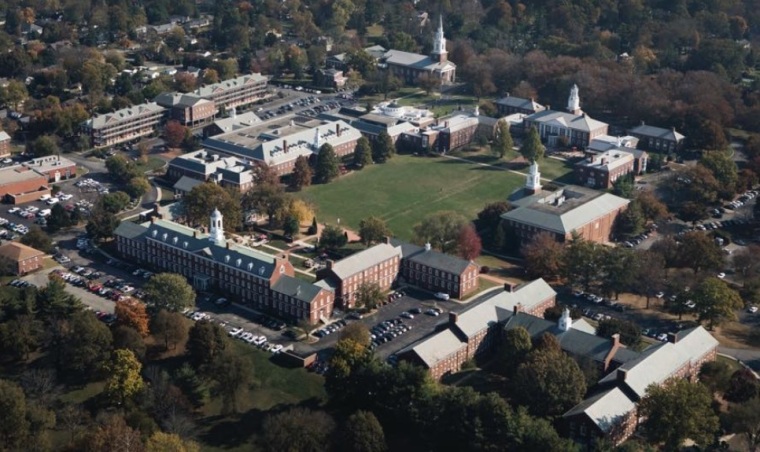
Southern Baptist Theological Seminary leadership has voted to keep the names of school founders who owned slaves on buildings, but also approved the creation of a $5 million scholarship for African-American students.
At their recent fall meeting, SBTS trustees unanimously voted to keep names like founding president James P. Boyce and founding faculty members John Broadus, Basil Manly Jr., and William Williams on assorted campus buildings.
The trustees also approved a measure that, beginning in the 2022-2023 academic year, will set aside $1 million for an endowment to help qualified African-American students at SBTS via the Garland Offutt Scholars Program.
Further, SBTS will also set aside $1 million for the scholarship fund every three years until they have reached a goal of $5 million.
SBTS President Albert Mohler, Jr. said in a statement Monday supporting the votes, concluding that the founders, while slave owners, nevertheless offered great contributions to the seminary.
“We’re not going to erase our history in any respect or leave our history unaddressed. We’re trying to do what is right for a Christian institution,” he said.
“We must be clear in our heartbreak and horror in the face of racism and racial supremacy. This is part of the burden of history. We must be clear in our embrace of the priceless legacy left us by those who founded this institution and sacrificed so that it would survive–who defined our convictions and laid foundations for theological faithfulness.”
“To be human is to see this mixture in humanity. To be Christian is to see it with biblical clarity. To be faithful as a Christian is to see it in ourselves.”
Mohler drew a parallel to biblical figures like King David and Moses, both of whom had their sins recorded in the Old Testament yet were also considered righteous in spite of their failures.
“Surely this is the pattern of honor that we should see throughout history, and especially the history of the church,” he stated. “The church, beginning with the Apostles, has been led by pastors, taught by preachers, and nourished with the blood of the martyrs. Every one of these human beings is, as a believer in Christ, both saint and sinner. Our task is to honor the saintly without condoning, hiding, or denying the sinful. We have not done this well in the past. We must do better in the present and be more faithful in the future.”
Prominent black Southern Baptist pastor Dwight McKissic, who had campaigned for the removal of the names from campus buildings, commended SBTS for creating the scholarship.
“It certainly represents fruit worthy of repentance. It speaks to the past and to the future. Hats off to Dr. Mohler and the trustee board for this historic decision that is a step toward healing,” wrote McKissic on his blog.
McKissic maintained a “deep conviction” that it was incompatible with orthodox Christianity to “reconcile the celebration and honoring of men stealers and child abusers with the inerrant and infallible Word of God.”
“Honoring those who dishonored the Imago-Dei in others for profit, is simply not an honorable thing to do, or continue to do,” he continued.
Click here to read more.
Source: Christian Post